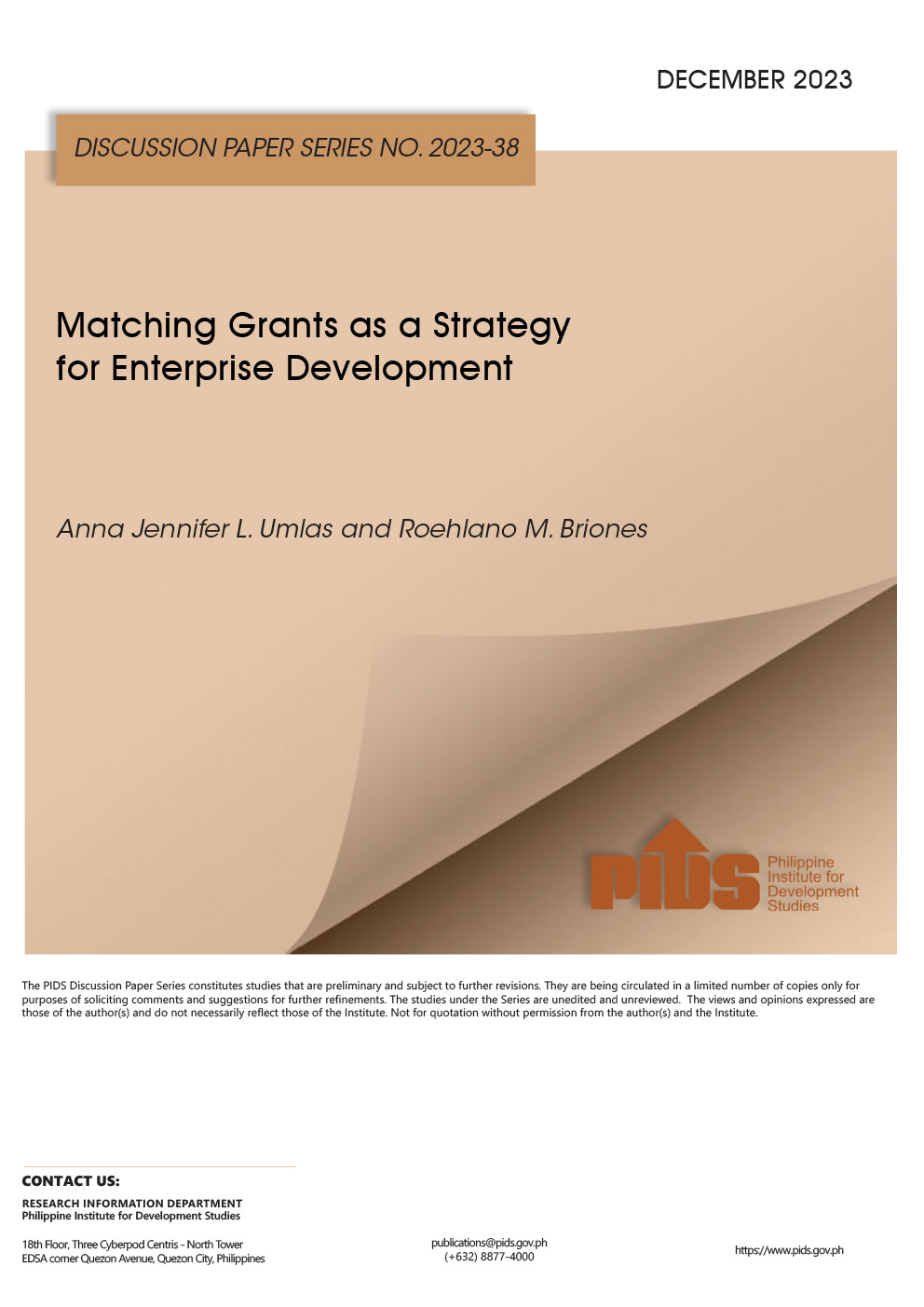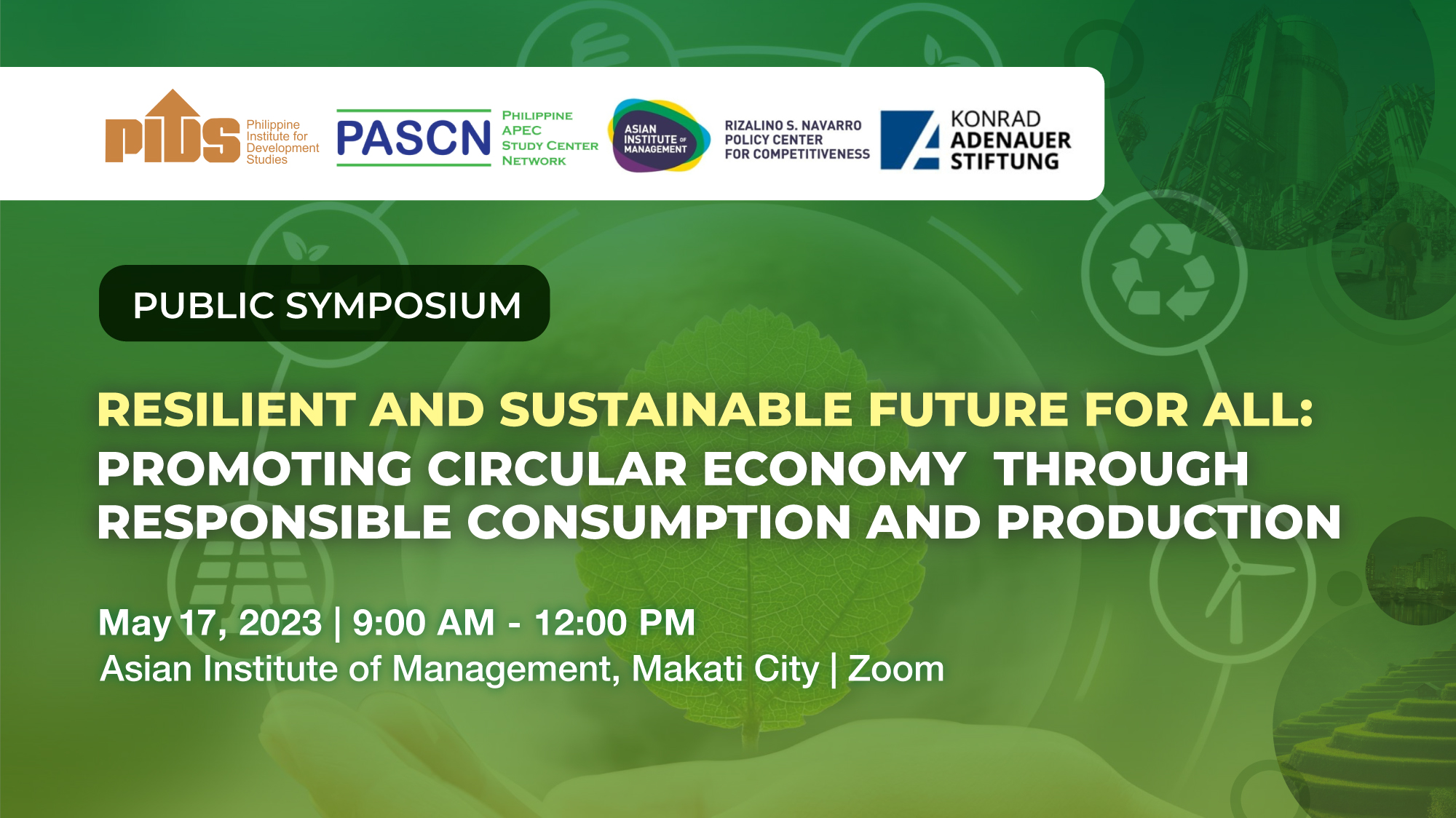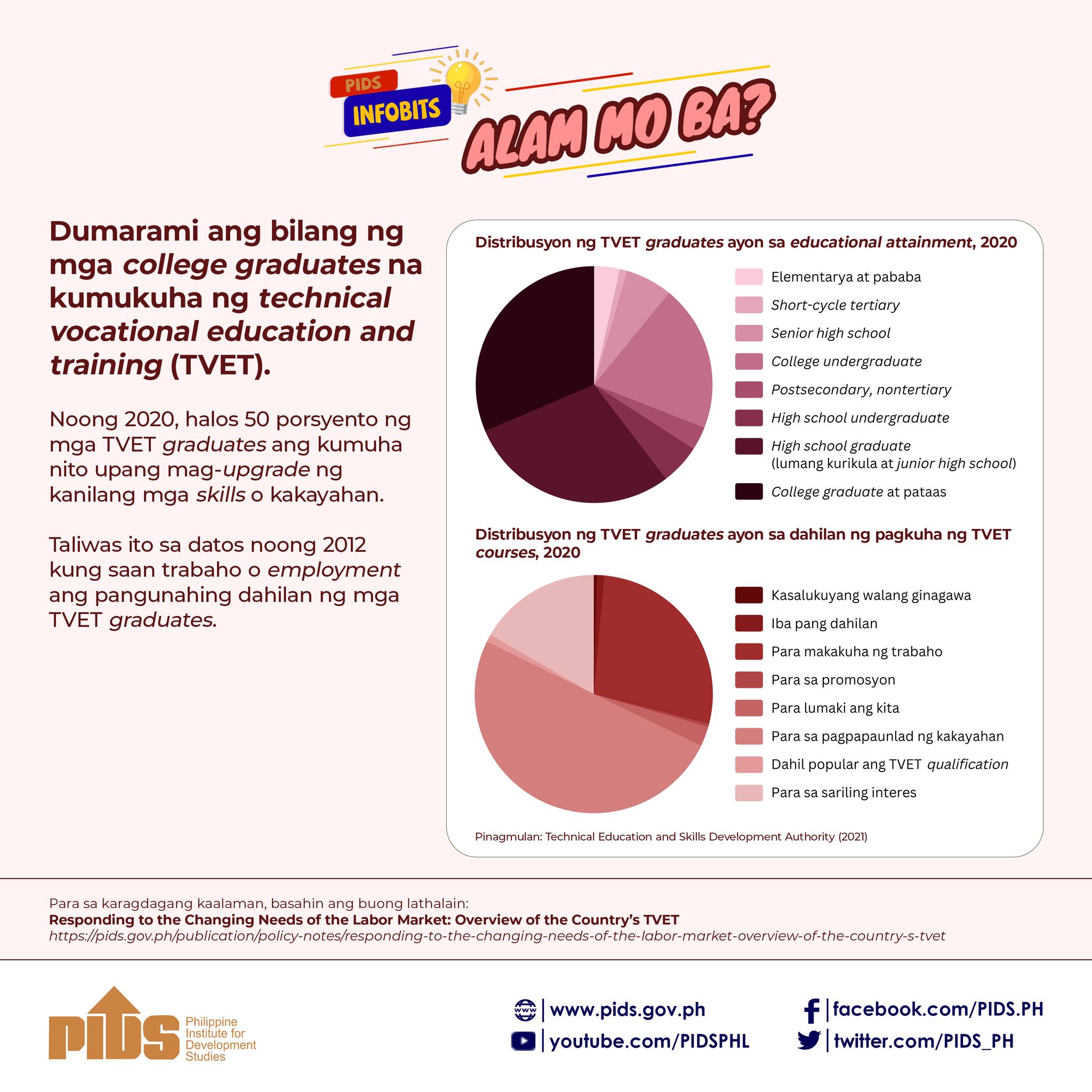UNSTABLE rice prices and supply are expected to continue if the Philippines does not address its production shortcomings, industry officials said.
Federation of Free Farmers National Manager, Raul Q. Montemayor, said that the industry needs to deal with higher production costs, a lack of post-harvest infrastructure, and low output.
“These problems have to be addressed once and for all; otherwise, price and supply volatility will continue to confront us,” Mr. Montemayor said in a Viber message.
Last week, the Department of Agriculture (DA) ruled out plans to impose a suggested retail price (SRP) scheme on rice and other agriculture commodities in response to price pressures.
Agriculture Secretary Francisco Tiu Laurel, Jr. said an SRP would be “counterproductive” as producers are likely to cite the price caps in pressuring farmers to lower their selling prices.
Jayson H. Cainglet, executive director of Samahang Industriya ng Agrikultura said an SRP would also penalize retailers without addressing unduly high prices.
“Instead of the SRP, we are suggesting that the DA talk to all the players across the value chain for each commodity,” Mr. Cainglet said in a Viber message.
Mr. Montemayor said that the Philippines will need to rely on imports to augment its supply and minimize speculation about a looming supply crunch in the coming months.
“Together with the high cost of imports, this is what is driving up prices now,” he said.
To bolster supply, the DA said that rice imports of about 500,000 metric tons are set to arrive by February to serve as a buffer stock for when El Niño intensifies.
The worst of El Niño may extend until the second quarter, affecting 63 provinces with droughts or dry spells, according to PAGASA (Philippine Atmospheric, Geophysical and Astronomical Services Administration), the government weather service.
“State reserves and investing in cold storage facilities will likely help reduce prices, but these will also be very costly,” Leonardo A. Lanzona, an economics professor at the Ateneo de Manila, said in a Viber message.
“The government has really no other choice but to allow prices to increase, hoping that this will incentivize farmers to be more efficient and productive,” Mr. Lanzona added.
Philippine Institute for Development Studies Senior Research Fellow Roehl M. Briones said that the government should also conduct an “adequate study” on rice stockpiling to address increasing prices.
“In the medium to long term, (the government should) invest in a more competitive rice sector by promoting high-productivity rice farm clusters, together with support for more modern rice processing and marketing,” Mr. Briones said in a Viber message.
In a recent meeting, Mr. Laurel said that agricultural and fisheries councils had recommended increased investment and the construction of agricultural infrastructure like cold storage facilities.
The DA has also said that it will draft implementing rules and regulations to properly exercise its powers under the provisions of Republic Act 7581, or the Price Act.
These include the authority to procure, purchase, import, or stockpile basic necessities or prime commodities in times of scarcity or emergency. The DA is also authorized to conduct market operations to influence prices of these commodities.












